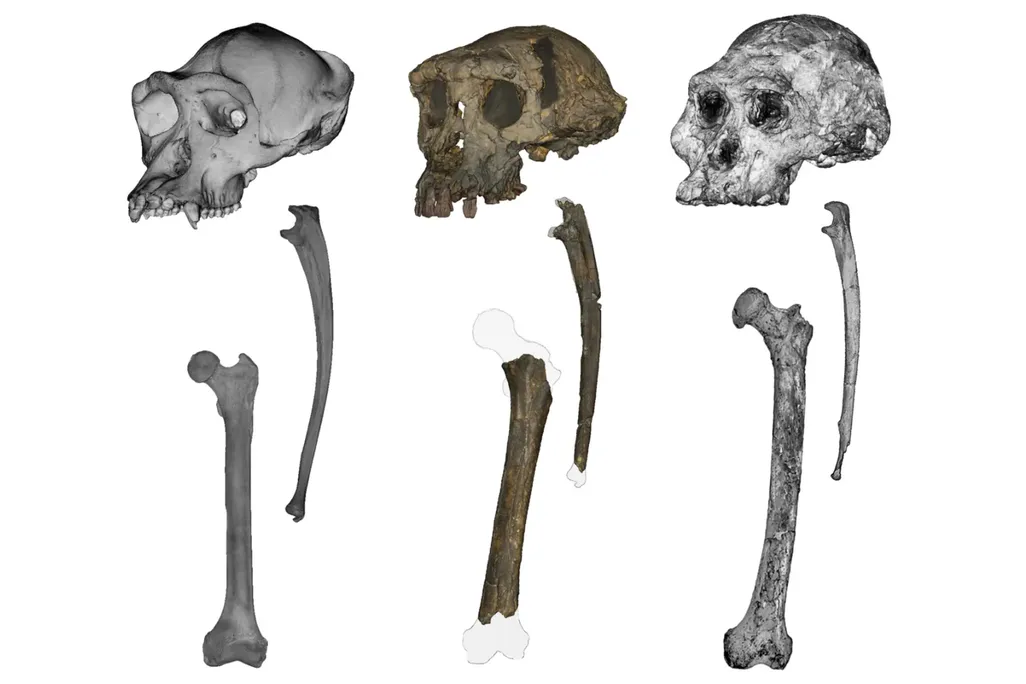In this video, we explore the fascinating evolutionary history of insects, a group of animals that appears to have been favored by a higher power throughout their journey. While other animal groups faced numerous struggles and hardships, insects repeatedly defied extinction and flourished.
We delve into their origins around 440 million years ago during the Silurian period, when terrestrial ecosystems were just forming. Alongside their arthropod relatives, insects coevolved and adapted to the emerging land environment.
Despite initially lagging behind other arthropods like spiders and millipedes, insects eventually took flight during the Carboniferous period, becoming the dominant group in the skies for the next 100 million years. The abundance of tall trees and high oxygen levels facilitated their success, allowing them to grow to impressive sizes, such as the giant dragonflies of the time.
Additionally, we discuss the remarkable phenomenon of complete metamorphosis, or holometabolism, which further enhanced insects' evolutionary capabilities. The development of different organs from scattered imaginal discs during pupation provided them with unparalleled flexibility and adaptability.
Furthermore, we explore how insects played a crucial role in ecological balance by aiding in the decomposition of decaying wood and mitigating the effects of excessive plant growth.
Overall, this video highlights the incredible resilience, adaptability, and unique evolutionary trajectory of insects, suggesting a sense of favor or destiny in their survival and success throughout Earth's history.






